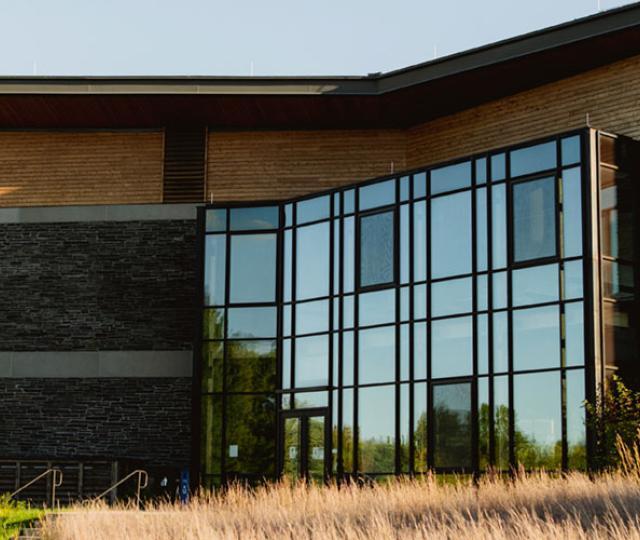
Environments and Change
How should we act on our responsibilities in the face of changing climate?
Graduates encounter opportunities and problems that don’t fit neatly into fixed majors or departments. Their education shouldn’t either. Employers overwhelmingly agree that broad learning and skills that cut across disciplines are the best preparation for long-term career success.
We launched a bold new curriculum and student experience, fundamentally reshaping a liberal arts education to match the needs of today’s students and the world. Hampshire’s model educates students for the challenges of jobs, graduate schools, entrepreneurship, and life.

How should we act on our responsibilities in the face of changing climate?
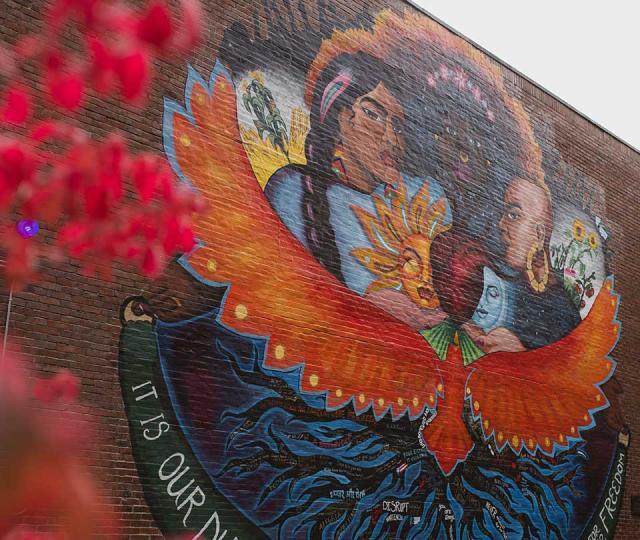
How do we disrupt and dismantle white supremacy?
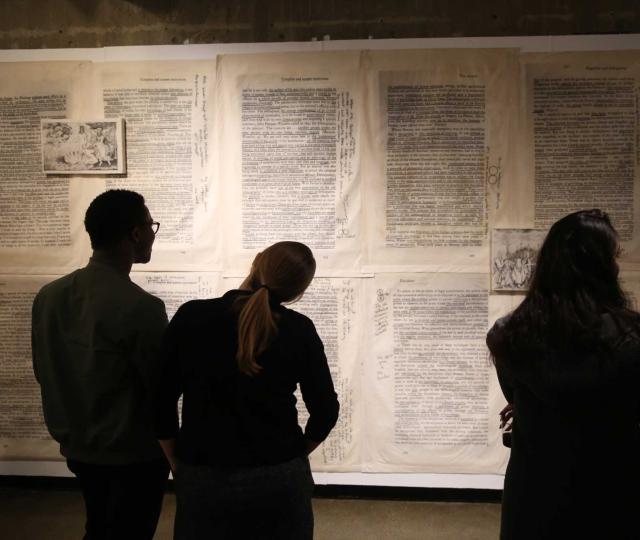
How can art and politics intersect to challenge dominant narratives and create new visions for community?
At Hampshire, there are no freshmen, sophomores, juniors, or seniors. Rather, Hampshire students advance through three divisions. Academic pursuits move students from course-based projects in Div I through semester-long collaborative projects in Div II toward a year-long, self-designed independent project in Div III.
Each division concludes with a portfolio review, including narrative feedback from all courses, final papers, or projects, as well as Community-Engaged Learning and a retrospective. This divisional framework guides students in building their academic concentration or focus of study and supports them through more and more ambitious projects.
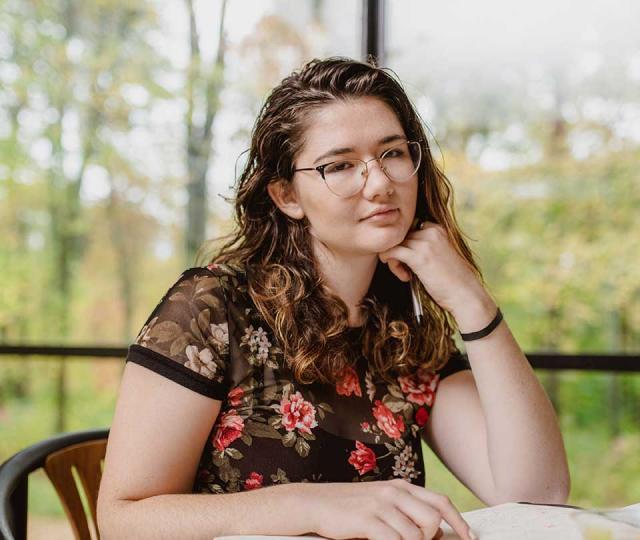
The first year emphasizes learning across a wide range of critical, scientific, and creative approaches through our multidisciplinary curriculum, gaining skills for learning in community with others, and engaging in project-based learning in supported contexts. Students are mentored by an advisor and supported through our advising networks of students, staff, and faculty.
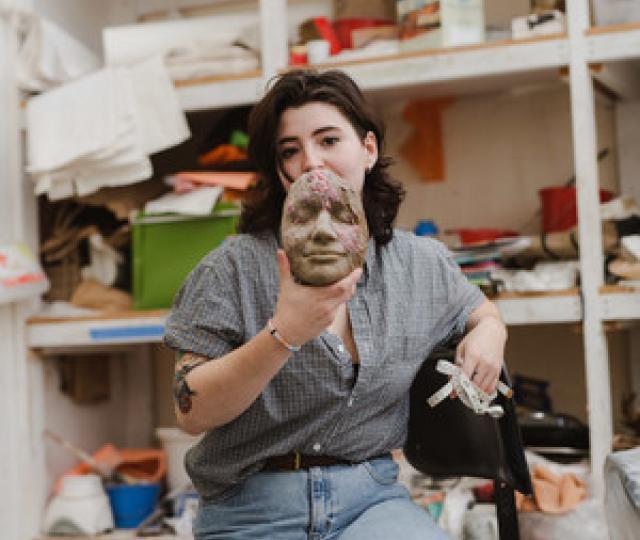
The second and third years are all about students' deep inquiry into their own interests. Guided by a team of advisors, they design a unique academic path, strengthen connections in communities of learners, and grow toward independent project-based learning. Advisors help students select classes, internships, studying abroad, and other opportunities to pursue their passions.

The fourth year is a student's opportunity to push their learning further, take risks, and tackle a meaningful challenge they’ve envisioned from concept to completion. Often as rigorous as graduate-level thesis projects, Div IIIs include scientific research no one has ever done, innovative technological developments, daring artistic exhibitions, philosophical writing, original documentary films, and anything else our students can imagine.
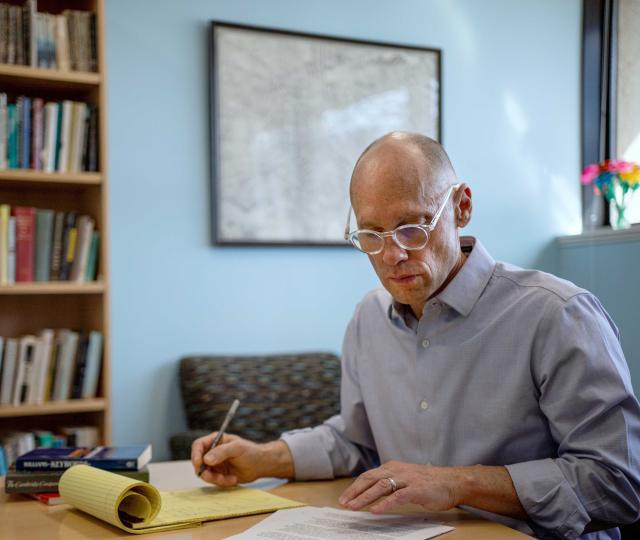
Instead of letter grades, written evaluations are delivered to students. These parallel professional performance reviews, helping students identify their areas of growth potential along with their areas of strength.

Instead of asking our students to conform to inflexible majors, they are tasked with building a program that aligns with their interests, passions, questions, and goals.
The study of theory is combined with direct "real-world" experience like an internship, project with community organizations or peers, field research involving community agencies, and more.